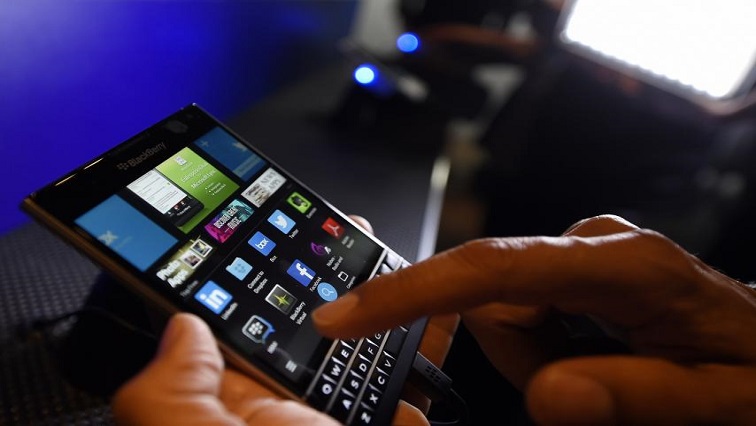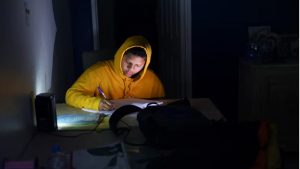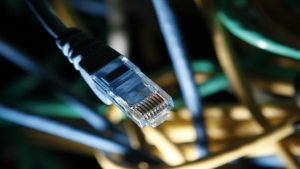As South Africa celebrates Freedom Day on 27 April, citizens continue to face limited freedom on the internet despite the country’s ‘free’ internet rating.
The country has been marked as ‘free’ regarding internet freedom, ranking 70 out of 100 countries on the Freedom of the Net 2020 report by US based non-profit organisation, Freedom House.
According to the Digital 2020 report for South Africa, more South Africans have access to the net, with the number of internet users increasing by 1.1 million between 2019 and 2020.
Internet penetration in South Africa stood at 62% in January 2020.
Freedom of the Net 2020 reports on a number of interventions that have helped accelerate internet access and speed. These include:
- Government’s broadband policy, the SA Connect programme, which was adopted in 2013, where government prioritises access to free public Wi-Fi to schools, clinics, police stations and other government facilities. The project aims to provide universal, affordable, high-quality, and high-speed broadband access to all South Africans.
- The rolling out of Wi-Fi in several metropolitan areas including Cape Town, Durban, Johannesburg, Tshwane, and the Ekurhuleni municipality has also seen some success.
- The country’s fibre market has also grown exponentially, with most suburban areas including Pretoria, Cape Town, Johannesburg, Durban and Port Elizabeth already covered with fibre-optic cables.

Obstacles to internet access
A number of obstacles have made it difficult for citizens in the country to have adequate and reliable internet access. These include, among other factors, load shedding, high data costs; and infrastructure and the inequality gap challenges.
Load shedding
Load shedding by power utility Eskom has had a severe impact on reliable internet access. The power cuts, which have been implemented since 2007, are expected to continue for the immediate future. Mobile operators experience challenges in ensuring that their cell phone towers remain online during power outages. This in turn makes it difficult for companies, hospitals and small businesses and households to run their daily operations, especially as some do not have access to or cannot afford alternative sources of energy.
Data costs
High data costs have been a primary obstacle to internet access for many South Africans. In December 2019, the Competition Commission recommended that network service providers (namely MTN and Vodacom) reduce their data prices by 30% to 50%, or face prosecution.
The Commission also found that mobile data prices in the country discriminate against the poor, adding that prepaid bundle prices are far higher than contract prices. It also found that the cost of smaller bundles far exceeds the bigger bundles.
A report on how South Africans pays excessive prices for data:
Infrastructure and inequality gaps
Many remote villages, rural areas and some townships in the country face infrastructure challenges, making it difficult for residents living in those areas to gain access to the internet.
In January 2003, the Regulation of Interception of Communications and Provision of Communication-Related Information Act (RICA) came into effect.
Under this law, all cellphone uses are required to register their sim cards in order to have access to their network providers’ services.
This registration process includes providing proof of residence, which may present an obstacle to mobile phone usage for people living in informal settlements and rural areas – making access to internet services difficult.
Online learning woes
Online learning during the COVID-19 lockdown has also further exposed wide inequality gaps in the country’s education system.
The closure of schools and universities saw traditional classroom learning shifting towards remote online learning.
Those who could afford data and had adequate access to resources and data could continue learning online, while the less privileged fell behind as they could not afford data or did not have access to computers or laptops.
As registrations for universities and colleges reopened for the 2021 academic year, some students across parts f South Africa also experienced major challenges with online registration systems.
At the University of the Free State, some students faced the challenge of insufficient data and poor internet connection. Students also noted how they struggle to get assistance from the University when they experience problems with online registration.
In the video below, UFS students cite issues to register for 2021 academic year:
Limits on content and violations of user rights
South Africa’s Constitution provides for freedom of the press and freedom of expression, among other guarantees.
In July 2018, South Africa voted in favour of a United Nations Human Rights Council (UNHRC) resolution on “the promotion, protection, and enjoyment of human rights on the internet.”
However, having the right to freedom of expression on the internet is also coupled with certain responsibilities.
For example, in March 2016, South Africa imposed a state of emergency in response to the COVID-19 pandemic.
Under the state of emergency, the regulations criminalised “any statement, through any medium, including social media, with the intention to deceive any other person about COVID-19; COVID-19 infection status of any person; or any measure taken by the Government to address COVID-19.”
This was particularly useful with the spread of fake news or false information on the virus. While citizens have the right to freedom of expression on the internet, the government cautioned against fake news and misinformation added to the anxiety around the outbreak of COVID-19 in South Africa. Last year, a 55-year-old man from Parow in Cape Town faced charges under Disaster Management Regulations after he posted an online video, claiming that testing swabs for COVID-19 were contaminated.
The news report below contains more details:
The report below contains the full findings of the Freedom of the Net 2020 report in South Africa:






